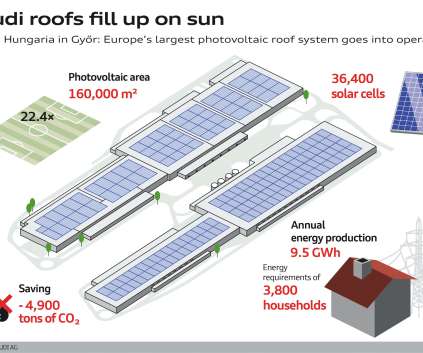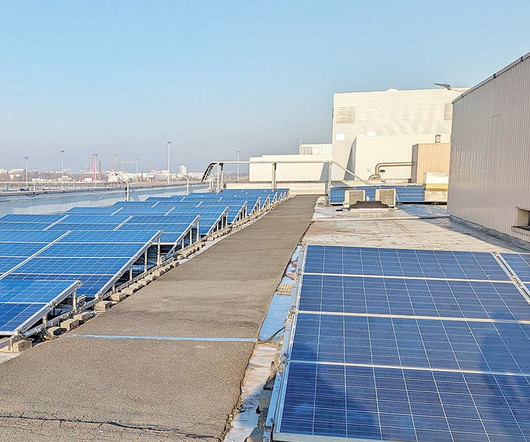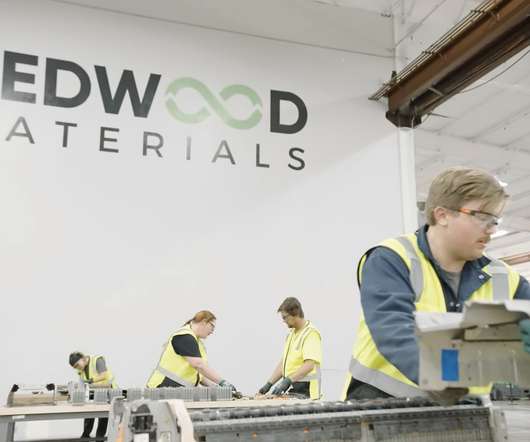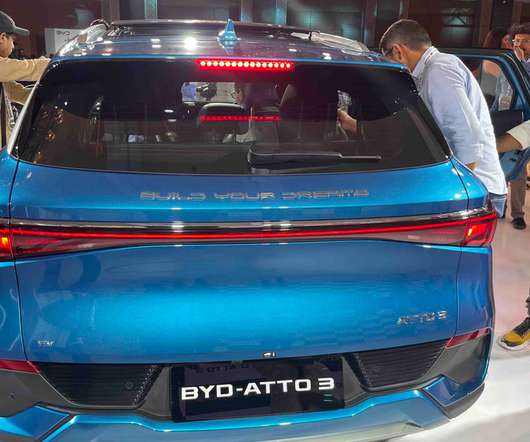Audi Hungaria starts operation of Europe’s biggest solar roof installation
Green Car Congress
OCTOBER 8, 2020
Audi Hungaria, in cooperation with E.ON In 2012 Audi’s Hungarian plant opened a geothermal facility to supply most of its heat requirements. Audi Hungaria: Photovoltaic system on the roofs of the two logistics halls. We have a clear aim: that all Audi sites will have carbon-neutral operation by 2025.






















Let's personalize your content